The 2020 Annenberg Constitution Day Civics Survey finds Americans knowing more of their First Amendment rights and the three branches of government.
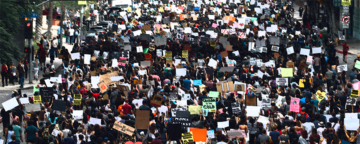

The 2020 Annenberg Constitution Day Civics Survey finds Americans knowing more of their First Amendment rights and the three branches of government.
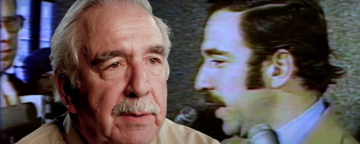
Annenberg Classroom has released a new film about the First Amendment right of the American people “to peaceably assemble,” the latest in its series of award-winning documentaries about the U.S. Constitution.
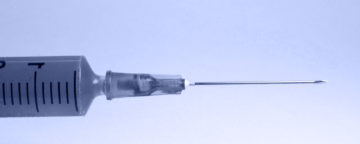
More than partisanship, education or religion, belief in vaccine misinformation drives opposition to policies, a new APPC study finds.
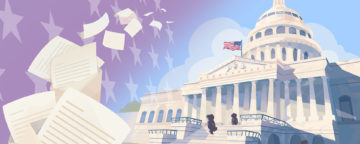
With the election approaching, iCivics and the Annenberg Public Policy Center have rereleased three free, nonpartisan educational civics games to teach students about the federal government, the courts, and law-making.
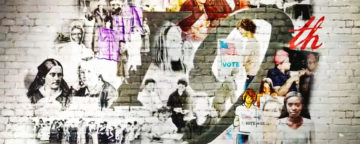
To celebrate the 100th anniversary in August 2020 of the 19th Amendment, APPC is featuring the Annenberg Classroom video “The 19th Amendment: A Woman’s Right to Vote.”
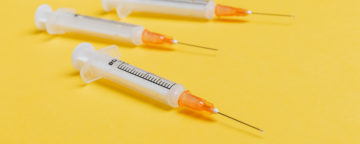
Exposure to anti-vax tweets was followed by negative vaccination attitudes and behavior – but not among people who discussed vaccination with others.

Science leaders and scholars convened at Sunnylands retreats aimed at ensuring scientific integrity in research, authorship, gene editing and in judicial filings.
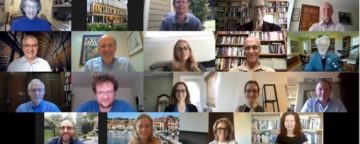
Speaking in Zoom panels, members of the Transatlantic Working Group have promoted online transparency and accountability for digital platforms.

In a new report, the Transatlantic High Level Working Group on Content Moderation Online and Freedom of Expression urges adoption of a flexible regulatory framework with greater transparency and accountability to curb online hate speech, violent extremism, and viral deception.
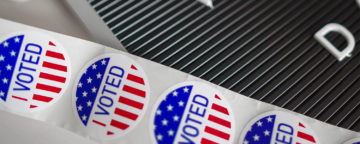
APPC will collaborate with the Center for a New American Security and Penn Law’s Center for Ethics and the Rule of Law on a project to protect the integrity of the 2020 election.